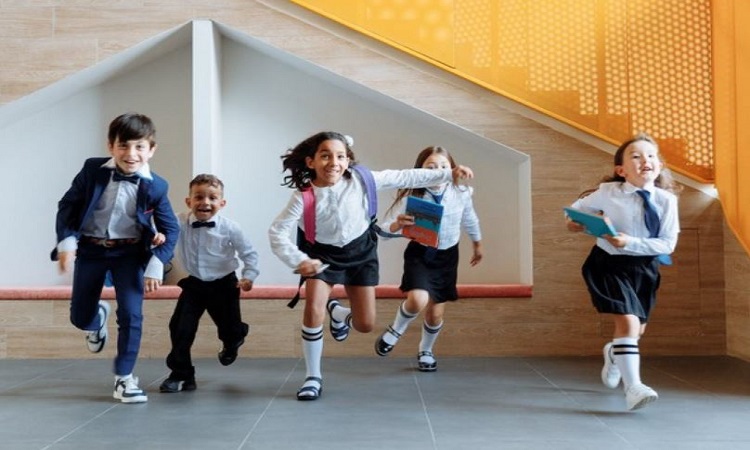Physical activity fosters learning and wellbeing at secondary school: Study
Teenagers who engage in physical activity during their free time and while travelling to and from school perform better academically than their inactive peers in secondary school. Read further on Dynamite News:

Kuopio: Teenagers who engage in physical activity during their free time and while travelling to and from school perform better academically than their inactive peers in secondary school, finds a study.
A lower risk of school burnout was also associated with regular leisure-time physical activity, even in small amounts.The results of the study were released in the European Journal of Public Health.
Academic success and physical activity have a complicated relationship. Prior research has discovered that, however, particularly school-based physical activity, such as physical education, can enhance academic performance, especially in mathematics.
Despite this, only a small number of studies have looked at the connection between active school transport and academic results. The majority of the prior research on physical activity and academic well-being has been conducted with university-level students.
Also Read |
Research finds physical activity needed more as you grow older
Researchers found that active school transport was linked to higher odds of high perceived academic performance and self-reported competency in academic skills in a recently published study of more than 34,000 teenagers.
For moderate to vigorous physical activity during leisure time, the association was even stronger. The link between recreational physical activity and mathematical abilities stood out, as in earlier studies.
"The results regarding active school transport were particularly intriguing as researchers are increasingly interested in the health benefits of travel-related walking and cycling. Being physically active before school could, for example, enhance concentration in the classroom, explaining our observations. However, due to the cross-sectional design, our study cannot establish causality," says Juuso Jussila, a Doctoral Researcher at the University of Eastern Finland.
"There were no surprises regarding the strong association between leisure-time physical activity and perceived academic achievement due to support from prospective and intervention studies. Although we do not know all the explanatory mechanisms, improved coordination and perceptual-motor skills, required in various team sports, for example, can at least partially explain these observations. Leisure-time physical activity is also typically more intense than active school transport, leading to increases in brain-derived neurotrophic factor in our circulation and, thus, improvements in cognitive performance."
Also Read |
Health: 25 minutes of physical activity can reduce death risk from long sitting
Leisure-time physical activity was also inversely associated with school burnout. Both leisure-time physical activity and active school transport were also positively associated with school enjoyment.
"To the best of my knowledge, this was the first large-scale study to examine the association between physical activity and school burnout among adolescents. Leisure-time physical activity can be an effective way to disconnect from schoolwork and the potential stress related to it. If we can increase the amount leisure-time physical activity among youth, both learning and wellbeing benefits can be significant," Jussila summarises. (ANI)
 Dynamite News
Dynamite News 